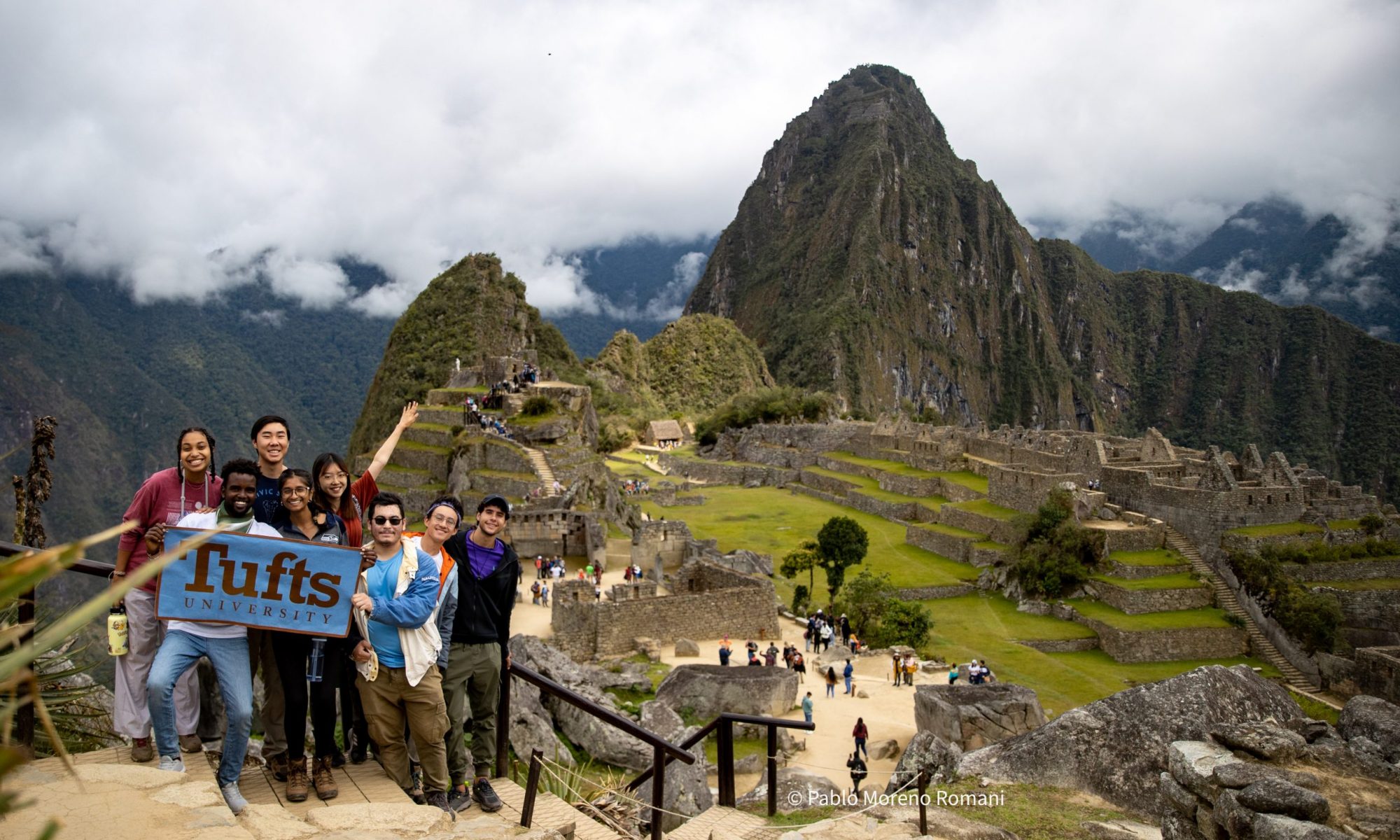By Audrey, Tufts 1+4 Participant

Like an idiot, I came to Ecuador carrying expectations.
In August I looked ahead and saw “cool traveler adventurer Audrey,” the girl that could solve any problem. The girl that could speak fluent Spanish, change the world with her art, and maybe has a cool haircut. Independent, strong, and a citizen of the world: I saw myself as I thought that I should be, every secret aspiration candy-coated with stereotypes.
And now, over halfway through, I am dealing with the consequences of that notion of who I should be. Because I am not that girl. I am still scared and stressed and homesick sometimes, I still occasionally get lost, and I still worry about what I am doing here. I still feel like I have wasted time, and I still don’t really like eating guinea pig.
But while I am not the girl that I thought that I should be, I am also not the girl that I was. Coming from such a small town, my reputation had proceeded me. I had been Audrey the valedictorian, Audrey the vandal, Audrey the loud artist, Audrey the big fish in a small pond, Audrey the ambitious, Audrey the feminist, Audrey the creative. Identity upon rumor, I was known for many things, and other people’s expectations often proceeded me.
And now, sitting here in Ecuador, I am neither who I expected to become, or who people in my past thought that I was. I have settled into just Audrey. Coming to a place where nobody knew (or could pronounce) my name gave me the chance to forget about who other people thought that I was. I am imperfect, independent, creative, loud, ambitious, scared, and silly. I have not gotten rid of my imperfections or reputations, I have been forced to embrace them. I have learned to feel stupid when I could not understand something, and I have learned to feel proud of myself when I can. I have learned how to live in a city, and I have gotten better at making friends. Living here has taught me to enjoy my own company, and to embrace things that do not make sense to me. Overall, I have learned to be gentle on myself, and to let go. Instead of becoming what anyone expected, I have just become me, settled into my body and my personality in a way that I have not been before. I still do not fully understand this new version of myself, but now that’s OK, because nobody here pretends to either. I will still come back to Idyllwild differently than I left it, but instead of returning as “perfect, citizen-of-the-world, social justice warrior, fearless, adventurous Audrey”, I will just be me. And I could not be happier.


















